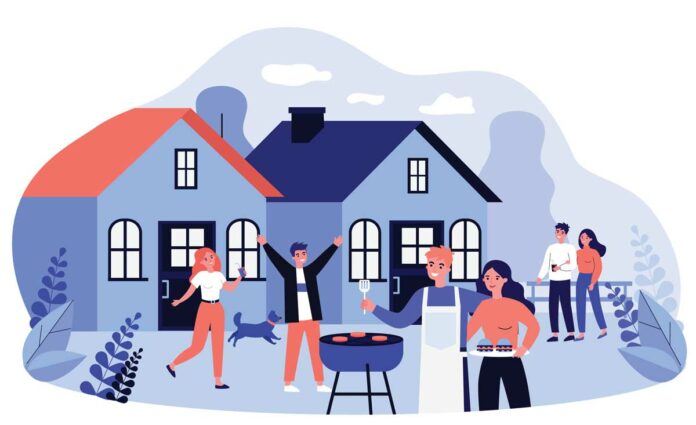There is a curious disconnect between the wealth of Canadians and the incidents of charitable giving. We in the Western democracies are currently living in the wealthiest period of human existence, yet our sense of charity, as reflected in levels of donations to charities, has been steadily plummeting. It seems that the wealthier our society becomes, the less generous we become towards our fellow Canadians. This needs to change.
Affordability is a major issue for many Canadians with something like one in five of our friends and neighbours depending on charitable organizations to make ends meet; this according to Statistics Canada data and the CanadaHelps annual ‘The Giving Report.’
Use of food banks has skyrocketed across the nation in recent years and the cost of shelter is moving out of reach for many. We are living in a most absurd disconnect between the immense wealth being generated in our country and the plight of those at the bottom of the economic ladder.
It is an often quoted “truism” that ‘when we make more, we spend more.’ Leaving those whose incomes should place them in a comfortable position in life convinced that they are in the midst of great travail. In truth, most of us could live quite comfortably even should we embrace the biblical exhortation to give 10 percent of our income to those less fortunate.
That concept might be met with indignant outrage as many of us are living far beyond our means, egged on by an avalanche of media exposure that insists we cannot go on living without the latest cellphone in hand or wearing the newest trending item of fashion.
The advent of the internet has exacerbated this spiral dramatically. As wealth increasingly accumulates within the digital wallets of the top one percent of the social stratum, any move to level the playing field is swiftly met with a steady diet of misinformation and half-truths crafted to induce outrage.
Case in point, many believe that the transfers put in place by the federal government, intended (successfully, we might add) to keep our economy afloat through the worst of the pandemic are still in place, despite those payments having ended years ago. To be clear, people are not getting huge cheques from the government inducing them to stay home instead of going to work.
The belief that it is government’s job to ensure that those in the greatest need among us are supported by the government is strongest amongst youth—and it is among the youngest generations that the spirit of giving is dropping the fastest.
It is a definable trend that as we become wealthier as a society in general, the more inured we become to the plight of the poor. It is easier to believe that the homeless person laying on the sidewalk grill as we make our way to the coffee shop on our way to the office or in the morning is the source of their own misfortune—despite the fact that many of us stand within just a few missed paycheques of joining them on the streets.
While the grip of drug and alcohol addiction may be the cause of some of the desperation evinced by those living on the streets, that is too easy an excuse for avoiding eye contact and walking by.
If each of us were to forgo that morning cup of caffeine and instead donate that amount of money to a charitable organization, our nation would largely be spared from the national embarrassment of homelessness.
As we celebrate another year of living in one of the richest countries in the world, let each of us take a moment to consider what expenses in our daily lives we can easily manage to do without and put that money to better use in improving the lives of those who are less fortunate.
Together, lets make philanthropy great again. As Andrew Carnegie, one of the richest men in history, is famously quoted, “the man who dies thus rich dies disgraced.”





